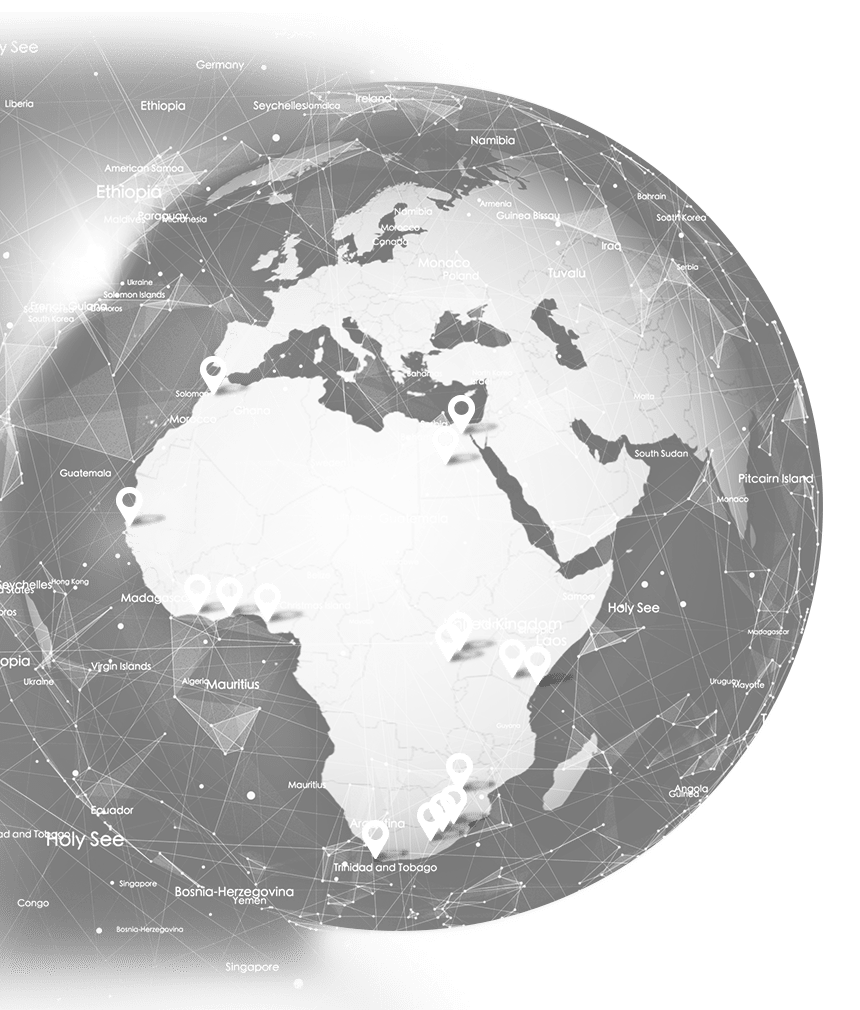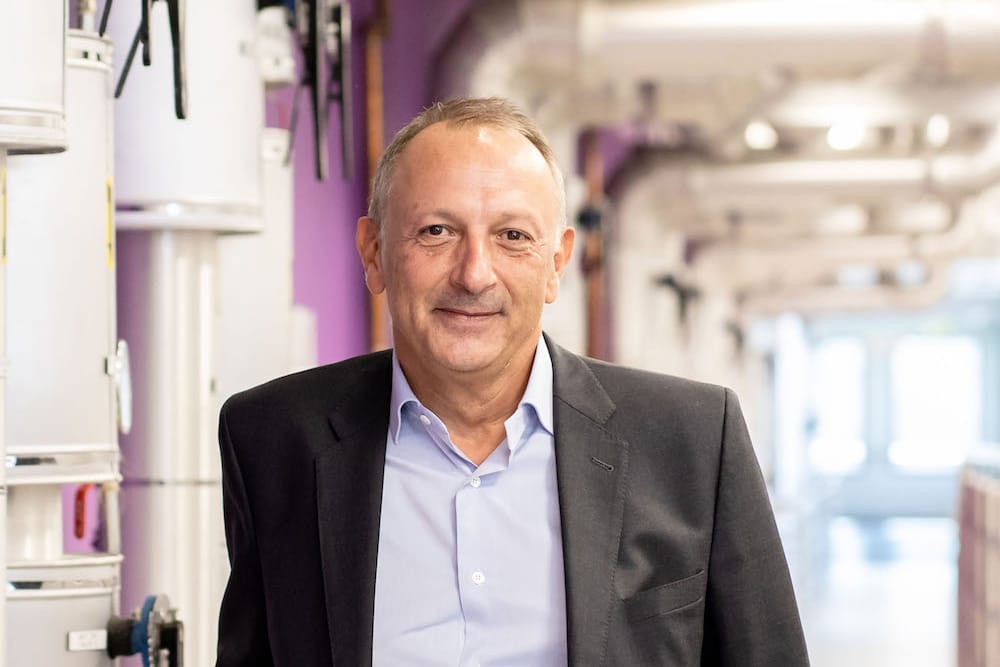Total resilience is the Holy Grail for professional data centre operators, and it is driven by a strong company culture and a mindset focused equally on collaboration and delivery.
Perhaps the single most important characteristic of a data centre – whether it is your own on-premise infrastructure or one run by a specialist data centre provider – is that of resilience. Despite this being such a vital aspect of the data centre, achieving unparalleled resilience is no easy task.
Stephane Duproz, CEO of Africa Data Centres, explains that a few years ago, redundancy was seen as the best way to ensure a data centre was capable of ongoing operations. He suggests that such redundancy meant ensuring that there were extra hardware and equipment on hand as a replacement, in case of failure.
“Of course, in today’s 24/7/365 world of business, this type of redundancy – although still necessary – is only a small part of what it means to be truly resilient. For the modern data centre, uptime is absolutely critical. No data centre can afford to be down for any length of time, meaning that cooling systems and power are equally critical and require some level of redundancy,” he says.
“What modern data centre operators now understand is that the key difference between redundancy and resilience is that the former is an approach, whereas the latter is more akin to a mindset. Adopting it as a mindset means it becomes a way of living, so the focus remains very much on continuously delivering and performing, whatever your circumstances.”
Some questions one must ask if your organisation is to understand its resilience levels, include: what is your level of staff training, and how does your corporate culture reflect the need for all staff to work together for the greater good? Duproz suggests that companies should also ask the hard questions that enable them to clearly understand their relationship with various stakeholders, like suppliers and customers.
“Remember too that resilience isn’t just a box to tick either – one of its key benefits is how much easier it makes doing business since it facilitates true collaboration, where everyone works together within the ecosystem for the benefit of everybody else. While some businesses adopt more of a ‘winner takes all’ approach, the reality is that if a genuine problem arises, the company with the collaborative relationship, rather than the hostile one, is going to be far less affected by it.”
“Operational excellence is something that all businesses strive towards, and this is a key part of developing true resilience. While adopting a positive, collaborative manner of working with your ecosystem improves your resilience, operational excellence comes into play with how your business deals with and empowers employees, suppliers and customers.”
Duproz adds that the more people feel empowered, the happier they are to tackle challenges as these arise – even if such problems do not necessarily fall directly within their scope of work. In a data centre environment, this is especially vital, since seconds can count, and any challenge, therefore, has to be solved as soon as possible. No-one, he states, understands this better than professional data centre providers, for whom complete resilience remains the overriding target.
“Resilience relies on having the correct processes in place to ensure that all your people are properly trained, skilled and empowered to jump right in at a moment’s notice.”
“It is also heavily dependent on the company’s culture and values – you want your staff to truly care and thus adopt a culture that respects everyone internally and externally in the value chain, thereby ensuring the common success of the ecosystem. Being able to rapidly bring together staff, suppliers, customers and other interested stakeholders to solve an issue, rather than simply passing it on like a hot potato, is what really demonstrates true resilience,” he concludes.
Written by: Rodney Weidemann





